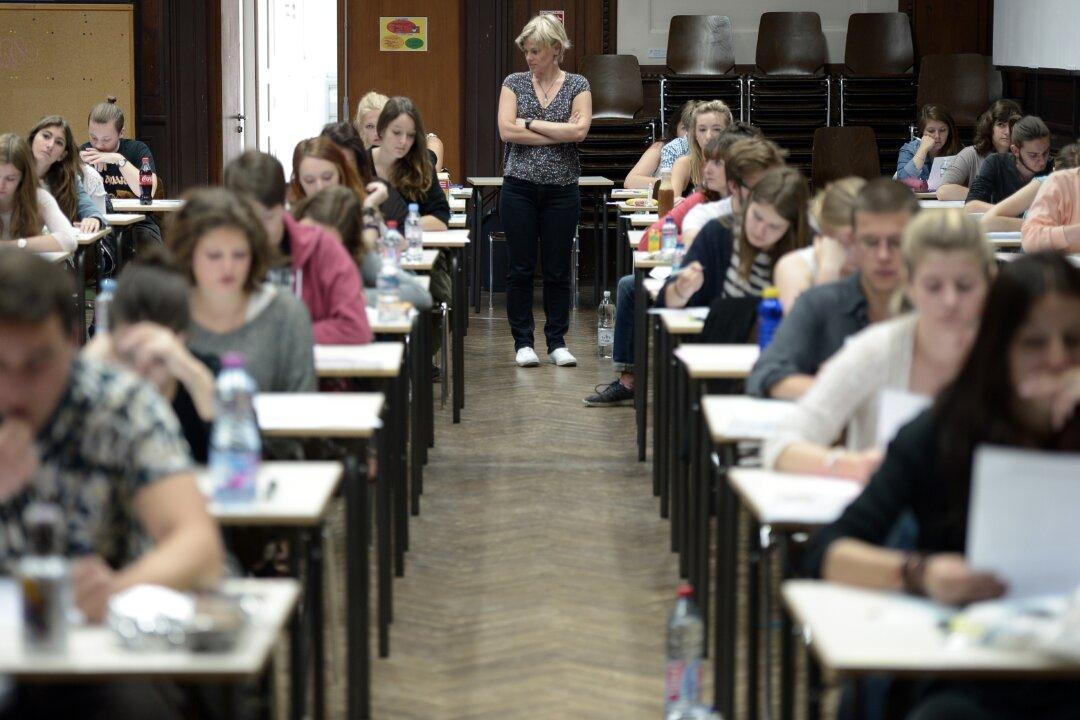A rising number of high school graduates are scoring poorly in math, according to a national testing organization.
The ACT college entrance exam’s annual report showed the average math score of students taking the ACT dropped to 20.5 (a score out of 36)—its lowest level in more than 20 years.





